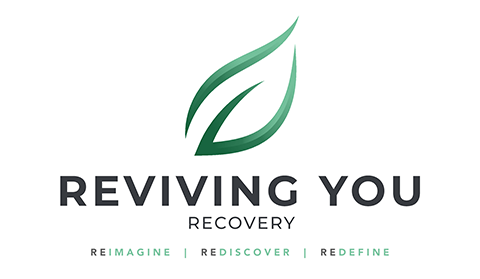How Can I Help Someone with Alcohol Addiction?

One of the hardest things a family may ever have to go through is helping a loved one get into treatment for addiction. There are many dynamics that must be considered if the process is going to be successful, and even then, recovery is never guaranteed.
However, getting a loved one the help they need is possible, and certain tips, tools, and techniques can help exponentially.
Recognizing the Signs and Symptoms of Someone
There are often many signs and symptoms that a loved one needs help getting into treatment for addiction. Yes, everyone is unique and will present differently, but there are certain signs and symptoms of addiction that tend to be more universal. The following are just a few of those signs:
- Isolating away from friends and family
- Losing interest in activities and hobbies they once enjoyed
- A loss of appetite or loss of desire for food
- Sleeping too much or sleeping too little (insomnia)
- Lacking regard for personal hygiene and appearance
- Becoming more irritable
- Having trouble concentrating or having a cohesive conversation
- Appearing more anxious or stressed out than “normal”
- Showing signs of depression
- Expressing thoughts of self-harm or having suicidal ideations
If any of these signs or symptoms are present, it is highly recommended that help be sought sooner than later. Of course, this is often more involved and complex than simply calling for help.
We Cannot Choose for Them: The Personal Choice of Going to Treatment
The fact of the matter is the only person who is ultimately going to determine if they are going to get sober is the individual themselves. It is their recovery; thus, they have to make the effort to attain it.
Now, this does not mean that a loved one cannot be helped into treatment (even if someone is unwilling at the beginning). They certainly can.
One of the keys to getting a loved one the help they need is walking the fine line between loving compassion and “enabling.” Enabling is when a family or family member helps a loved one with their necessities, and in doing so, they are actually helping them to continue engaging in their addictive behaviors. While they may be thinking that they are helping keep a loved one safe, in the end, they are allowing their active addiction to continue. This must be discontinued if a loved one is going to accept the help that they so desperately need.
Get Your Questions Answered Now
How to Help a Loved One Get Into Treatment for Addiction
The first step toward helping a loved one get into treatment for addiction is to open up a line of communication. Many people try to hide their addiction because they fear the stigmas they may face if they are found out. It is important to eliminate these stigmas and remind the person that they have a “disease” that is out of their control, and they need help. Offer to get them that help.
If a loved one is unwilling to accept help, it then becomes important to set strict boundaries regarding their addiction and, most importantly, to stick by them. This is the elimination of enabling. It may include not allowing an individual to be in the home if they are drinking or using, not helping them out financially, and not letting someone be around their children if they have been using or drinking. While these may feel harsh, it is important to implement them. It may be what a loved one needs to realize that they need help.

Ensuring a Safe Space After Treatment
If a loved one does accept help and goes to addiction treatment, it is important to be prepared for when they come home. Ensuring that there is a safe space for a loved one to come home to after treatment can greatly help reduce the chances of a relapse. This is important because people may not realize just how prevalent relapses currently are.
According to the peer-reviewed write-up, Addiction Relapse Prevention, by Nicholas Guenzel and McChargue, “One primary concern in addiction treatment is the high rate of relapses within a short period after even the most intensive treatment. Many studies have shown relapse rates of approximately 50% within the first 12 weeks after completion of intensive inpatient programs that often last 4 to 12 weeks or more and can cost tens of thousands of dollars.” Ensuring a safe space is the first step for combatting these relapses after a loved one returns home from addiction treatment.
The Importance of Individualized Care at Reviving You Recovery
Here at Reviving You Recovery, we don’t believe in “one-size-fits-all,” “cookie cutter” recovery. We find it rarely works, which is why we only offer our residents individualized and comprehensive recovery plans.
While the recovery journey must start with the individual, it is a journey best taken with others. It is a journey that we here at Reviving You Recovery are always ready and waiting to take with anyone who wants help.
One of the hardest things a family may ever go through is helping a loved one get the addiction care that they need. There are many family dynamics that can impede this process, but the key is to never give up hope and never give up trying. If you know of a family or a family member who needs help with issues of addiction, we can help get them on the road to recovery. For more information on how love, compassion, gratitude, joy, hope, and forgiveness are not just mere emotions, rather, they are the guiding forces that lead us towards healing and transformation, please reach out to Reviving You Recovery today at (951) 723-7598.
We Accept Most Insurances
We are in network with:






We know insurance coverage can be a source of uncertainty for people. We make sure you have all the information necessary. The great news is health insurance can potentially cover the total treatment costs. If you don't have insurance, we offer cash payment options for our treatment programs and are committed to working with clients regardless of financial situations.
